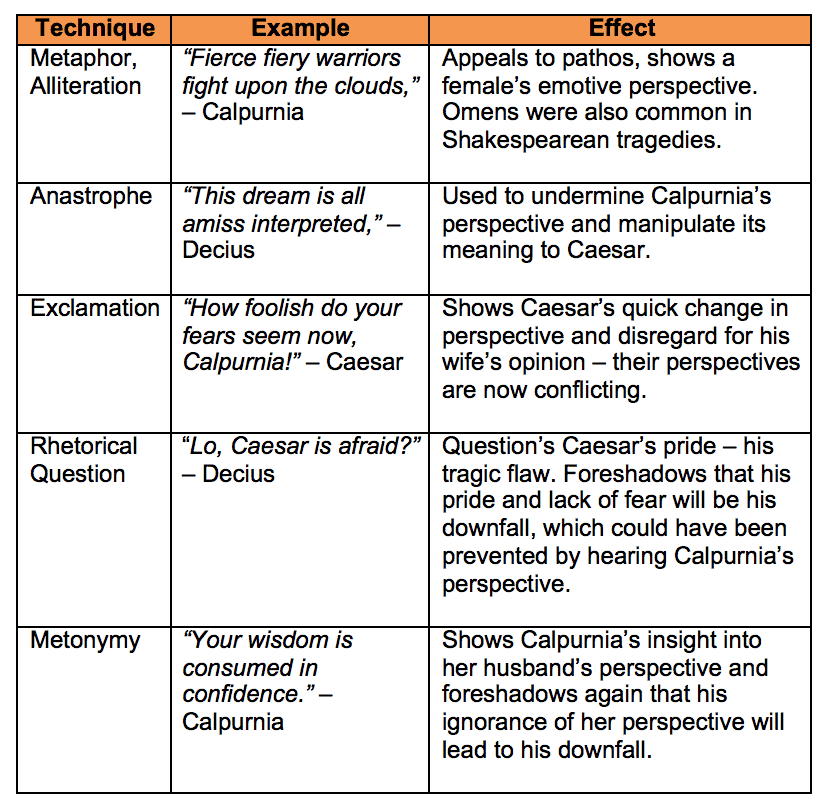When it comes to any of your HSC English essays, quotes are a really, really, really big deal.
These are the pieces of evidence you’re using to prove your thesis — obviously they’re super important! That means that knowing them off by heart is one of the best things you can do to set yourself up to succeed.
So what are you waiting for? Let’s get you memorising your quotes!
Why should you memorise your quotes for English?
Method #1: TEE Tables
Method #2: Flash Cards
Method #3: Quizzing
Method #4: Recording
Why should you memorise your quotes for English?
Even if you don’t memorise an essay, memorising your quotes allows you to go into any exam prepared, with strong textual references ready to be used for any question.
Of course, if you memorise your whole essay you’ll already know what to write around them, but if you’re improvising your essay, having these quotes handy is what will really help you structure your response on the fly.
Now you’re probably thinking, “Awesome, tell me exactly how to memorise them and I’ll get to it!”
Unfortunately, it’s not that easy.
Memorising is less of a case of doing one thing, and more about repeating a cycle of different things in order to ensure your brain is soaking up the knowledge. Or in this case, the quotes.
There are heaps of different techniques to try, and we’ll take you through four of our top methods!
- TEE tables
- Flash cards
- Quizzing
- Recording
By trying out different study styles, using a range of memory-boosting methods and making sure you stay on task, you’ll be able to memorise your HSC English quotes in no time!
If you’re not sure what study styles are, or which ones you favour, check out this article here before reading on!
Method #1: TEE Tables
TEE Tables are based on the middle 3 letters of the STEEL acronym, standing for Technique, Example and Effect.
These are essentially the ‘filling’ of your essay body paragraphs, including the evidence that proves your point (your examples and techniques) as well as the points themselves (your analysis).
By creating a TEE Table you pretty much break list your quotes in a super simple format, along with the techniques and brief analysis associated with them, making TEE Tables really useful to study from!
While TEE Tables do involve more than just the quote itself, filling out these tables encourages memory recall of not just the quote, but also the technique it’s showing and how you plan to analyse it. Sure, you don’t need to know these other two sections off by heart, but they’re definitely useful things to have up your sleeve!
So how do you study and memorise using a TEE Table?
Simple – you just fill it out!
By filling in the technique, example and effect your get all your information in one place, meaning you can then go on to use it almost as a rapid-fire study sheet.
You can read over your quotes whenever you want – before bed, after sport, in Home and Away ad breaks – you name it.
The focus is more that you have all the information you need in a super simple, easy-to-read format to start building up the foundations of your memory.
We recommend everyone use TEE Tables, even just to get their quotes down in one place, but this method works best with students who are verbal, logical and visual learners! The tables layout and use of simple language makes it very quick and easy for people with those study styles to pick up on.
Method #2: Flash Cards
Flash cards are a super simple way to boost your memory while pretty much playing a game!
All you need to do is cut up some paper or card into palm cards and write each of your HSC English quotes on an individual card. Then on the other side write the name of the text the quote is from, along with one or two words to indicate what the quote is, or even a little sketch to remind you.
This sounds like cheating, but it’s actually just a hint so that you know what you’re trying to recall!
For example, if your quote is;
“The old that is strong does not wither, deep roots are not reached by the frost.” – Lord of the Rings, J.R.R Tolkien
The back of your flashcard may read;
Lord of the Rings
Strong/Frost
Once you’ve written up all your cards, you can use them to memorise either by yourself or with other people!
If you’re working alone, simply lay all your cards face-down and select them one at a time, using the hint on the back of the card to try to remember the quote on it.
After you’ve guessed (try saying it aloud to yourself!) flip the card over and see if you were right.If you were right, put that card to the side and move on, if you were wrong put it back face-down and come back to it at the end for a second guess!
If you’re in a pair or group situation you can work things a little differently.
First, give your cards to the other person and have them hold the cards up to you one at a time, with the hint side facing you and the quote side facing them.
You can then guess the quote and they’ll tell you if you got it wrong or right! If you were right, take the card and put it to the side, but if you messed up the other person keeps it to ask you again at the end!
The point of flashcards is for quick recall and to boost memory when you’re already becoming a little familiar with your HSC English quotes.
Because of the way they’re used flashcards are great for social, physical and visual learners!
Did you know our team of expert English tutors across Sydney can support you with these methods to memorise your quotes as well as provide more tailored support.
Method #3: Quizzing
When it comes to learning, quizzing (or teaching) is actually one of the quickest routes.
Now I know that sounds like a paradox, but what it actually means is that by teaching someone else a piece or information, you actually become more familiar with that information yourself.
This, in turn, means that by teaching your HSC English quotes to someone else you’ll be able to memorise them quicker and better!
The act of quizzing itself is pretty similar to using flashcards with someone else, but it works in a slightly different way.
For quizzing you’ll want to have a TEE Table filled out and ready to use, which you’ll then give to the person who is quizzing you.
They then choose to tell you the contents of one box within a row (either the technique, example, or effect for one quote) and you have to tell them what would be in the other two boxes.
For example, if I were given this TEE Table I might ask you what quote from Calpurnia uses metonymy. You then have to tell me the quote, as well as giving be a brief run through of your analysis.
Alternately I could’ve told you the quote itself, or the analysis, and have you tell me what the other two were respectively. It’s all about remembering and articulating how they’re all linked.
Not only will quizzing boost your memory of quotes, it will also help you remember what techniques and analysis/effects are associated with each quote, which will really help in the long run!
Generally quizzing is especially suited to people who learn socially, verbally, aurally and logically.
In fact, we’ve found that quizzing is one of the best ways to ensure that you’re actually learning the information as well as memorising it!
Method #4: Recording
While it’s not quite as common, recording your HSC English quotes and listening to them on a loop is another good way to really boost that memory recall.
To be honest, many people don’t use this method because it doesn’t really work as a stand alone technique – you need to use it with the other processes if you want it to work.
That being said, it’s always good to mix up how you memorise, so recording can be a good way to do this.
The premise is simple. You just sit down and either record yourself or a friend reading your quotes aloud, or use any form of voice-to-text software and record your phone or laptop reading them to you.
Save this as an .mp3, whack it on your phone or laptop and you’re good to go – all you need to do is listen to it! You can do this while exercising, travelling to school, getting ready for bed – practically anything!
The best thing about recording is that it mixes up how you memorise and is an easy way to give your recall just that little extra boost you need, especially right before exams.
It’s definitely best suited to independent and aural learners, and short of writing a song about your quotes, it’s one of the few solely aural memorising methods to try out, so give it a go!
There you have it!
At the end of the day, how you study and memorise your HSC English quotes is completely up to you. Only you know what styles work for you and how you memorise best, but make sure to keep in mind that every memorising method works best when you use it in conjunction with a few others!
With that in mind, get to it and start memorising and you’ll be smashing out perfect quotes in no time!
Looking for the next step? Here’s our guide to acing HSC English Paper 1 for the Common Module with more study tips and tricks!
On the hunt for other HSC English resources?
Check out our other articles and guides below:
- The #1 Way to Improve Your HSC English Essay Structure
- How Hugh Boosted His HSC English Marks from 60% to 83%
- Gian’s Top 5 Tips for Achieving a Band 6 and E4 in HSC English Subjects
- Three HSC English Tips to Help You Master Your Text!
- The Do’s and Don’ts of Choosing a Related Text for HSC English
- Your Kickass Guide to Analysing Visual Texts for HSC English
Looking for some extra help with HSC English?
We have an incredible team of HSC English tutors and mentors who are new HSC syllabus experts!
We can help you master your HSC English text and ace your upcoming HSC English assessments with personalised lessons conducted one-on-one in your home or at one of our state of the art campuses in Hornsby or the Hills! If you’re needing support in the Hills area, our Bella Vista tutors are here to save the day.
We’ve supported over 8,000 students over the last 11 years, and on average our students score mark improvements of over 20%!
Commit HSC English quotes to memory with the help of one of our Hurstville HSC English tutors!
To find out more and get started with an inspirational HSC English tutor and mentor, get in touch today or give us a ring on 1300 267 888!
Maddison Leach completed her HSC in 2014, achieving an ATAR of 98.00 and Band 6 in all her subjects. She enjoys helping students through the academic and other aspects of school life, even though it sometimes makes her feel old. Maddison has had a passion for writing since her early teens, having had several short stories published before joining the world of blogging.





